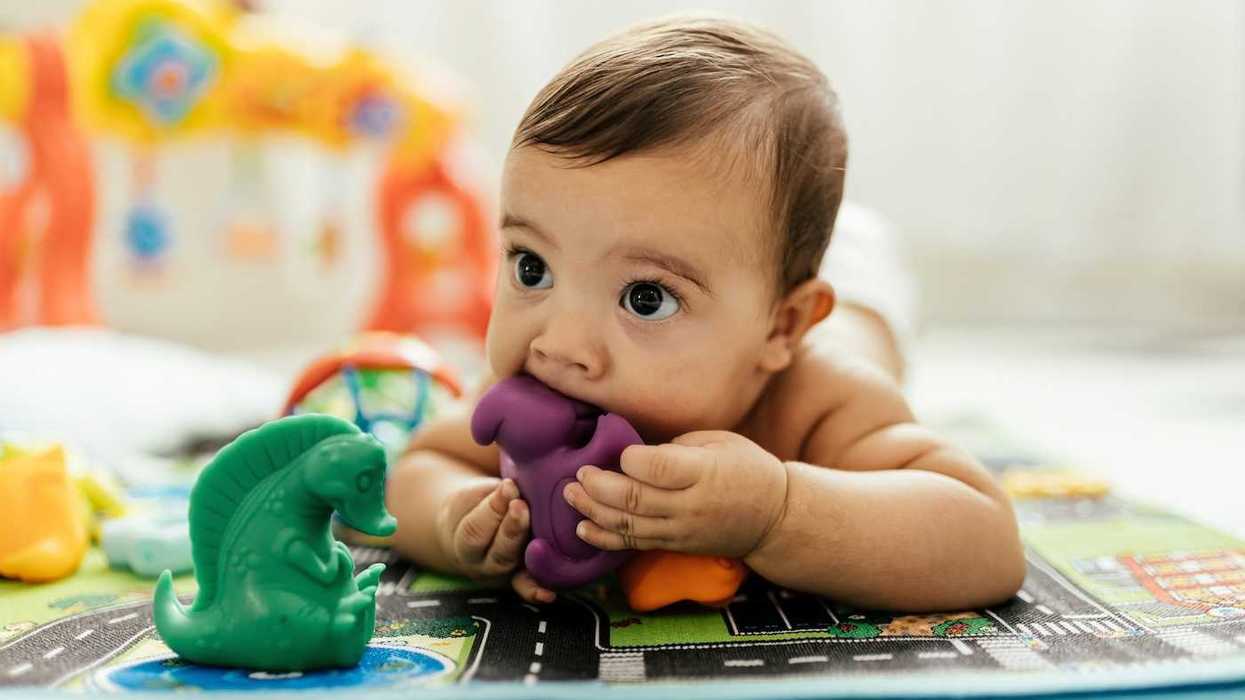Lithium-ion batteries are now found in many everyday gadgets, but they are not always the best choice for reliability and environmental impact.
Ian Bogost reports for The Atlantic.
In short:
- Lithium-ion batteries are widespread, but they are not ideal for devices needed at specific moments, such as flashlights or TV remotes, due to their recharge time.
- While lithium-ion batteries offer improved performance and design flexibility, they lead to ecological challenges because they are not easy to recycle and often end up in landfills.
- Despite the environmental concerns, consumers often choose rechargeable gadgets due to misconceptions about their convenience and eco-friendliness.
Key quote:
“Lithium-ion batteries have not been designed for end of life.”
— Jim Puckett, executive director of Basel Action Network
Why this matters:
The reliance on lithium-ion batteries for everyday devices creates unnecessary waste and ecological harm due to the challenges of recycling these batteries. Reassessing the need for rechargeable batteries in certain gadgets could lead to more sustainable consumer habits and better product reliability.














